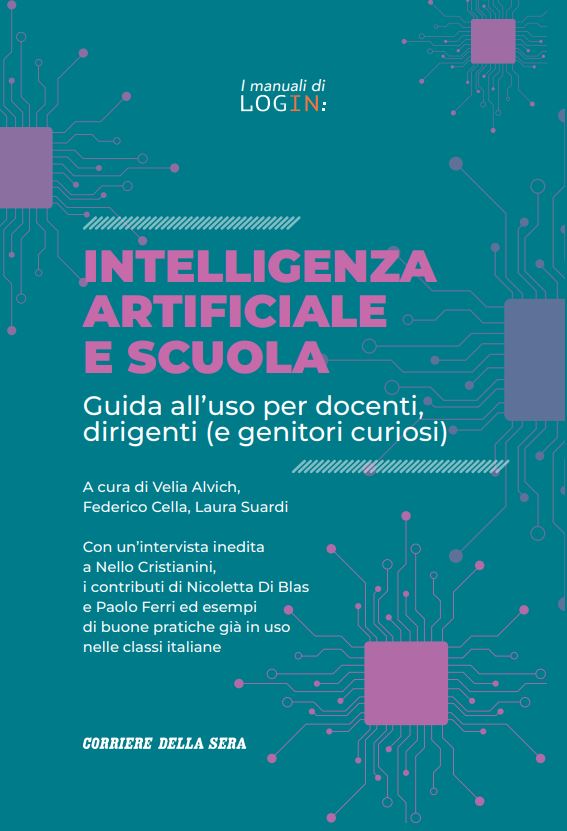« Artificial intelligence must be introduced to school, to prepare students in the world »

In Cristianini is an Italian teacher considered one of the greatest artificial intelligence experts. Professor of matter at the University of Bath, in the United Kingdom, published a popular trilogy on the revolution brought by the generative AI. In the manual « Artificial Intelligence and School », distributed on Tuesday for free with Corriere della Sera, in an unpublished interview Cristianini retraces the fundamental stages of this historical momentcreating a path of questions and answers that can be used in class to explain the scope and characteristics of the Ai to students and students.
Why bring artificial intelligence to school?
«A premise: in the whole trilogy there is only one dedication, and it is to my teachers, to whom I am truly grateful. When we wonder if the school has to use these new tools, the answer should be simple and quick: our work is to teach, prepare students in the world, and The world contains this technology. Introduce it to the school should be obvious, even if it is not obvious how to do it ».
Any suggestions?
«Meanwhile, it must be taught how it works, at least broadly, so that students can defend themselves from the risks. Then you have to explain how to use it to your advantage, for example to review and check if you understand. But the first thing I recommend to teachers is to give names to things, fight confusion: distinguish between problems related to social media (polarization, dependence), those of chatbots (hallucinations, manipulation) and still those on the competition at work and so on. Everything has a different name and a different solution, and I have tried to clarify and simplicity in these three books, thinking a lot also of teachers and students. Knowing is the purpose of the game, at school, and knowing removes the anxieties and suspicions. Using artificial intelligence tools in class would allow boys and girls an increasing familiarity with these machines, and therefore to raise their critical spirit, which will be an increasingly important resource in the years waiting for us ».
But are artificial intelligences really intelligent?
«According to Jean Piaget, Intelligence is « Knowing what to do when you don’t know what to do ». It is the ability to solve problems that we have never encountered before, how to translate a document never read or move a piece of chess into a state of the chessboard never seen before. The machines can be intelligent, in their own way, and in the same way they can include aspects of the world that are useful for their purposes. The fact that to answer our questions do statistical calculations, on what is more likely, it does not mean that they are not able to understand. It is a form of intelligence, different from ours».
How did we arrive at this point of innovation?
«To build these machines, we had to overcome our first instinct: find the rules of the desired behavior and program them in the machine. It is not through grammar that Ai translates a text. This became possible only when we have created machines capable of creating its own language model, automatically, starting from examples and exploiting the statistical relationships between the data we enter. Today we no longer try to directly replicate our « high » mental functions, but we emulate (remotely) the behavior of the neurons, the cells of which a brain is made, creating algorithms called « neural networks » that they are able to learn. Now the machines are not scheduled but trained. And they are able to abstractions on their knowledge, to generalize, and then get to the answers. They are not at all, as some of the simple parrots claim».







